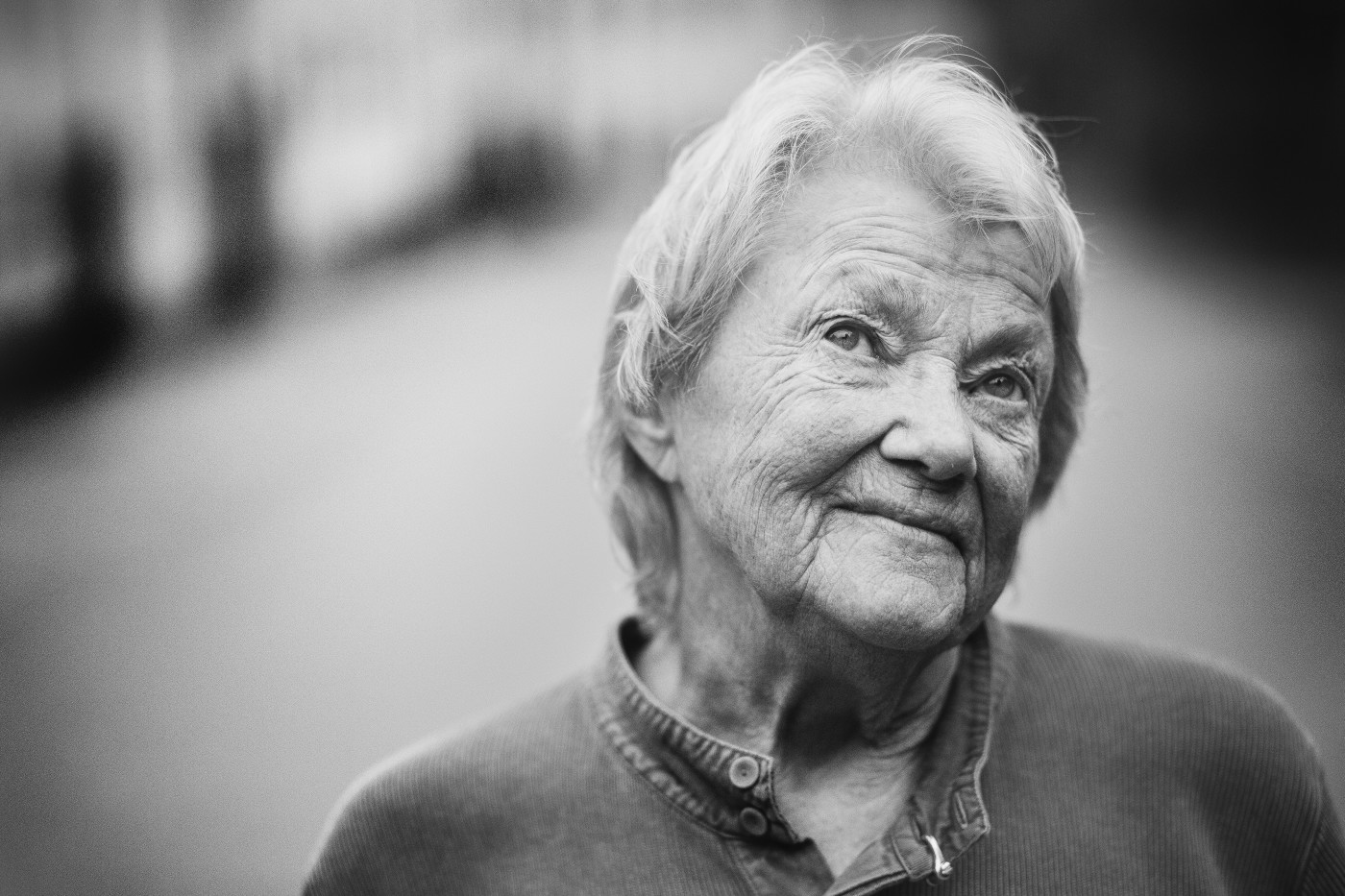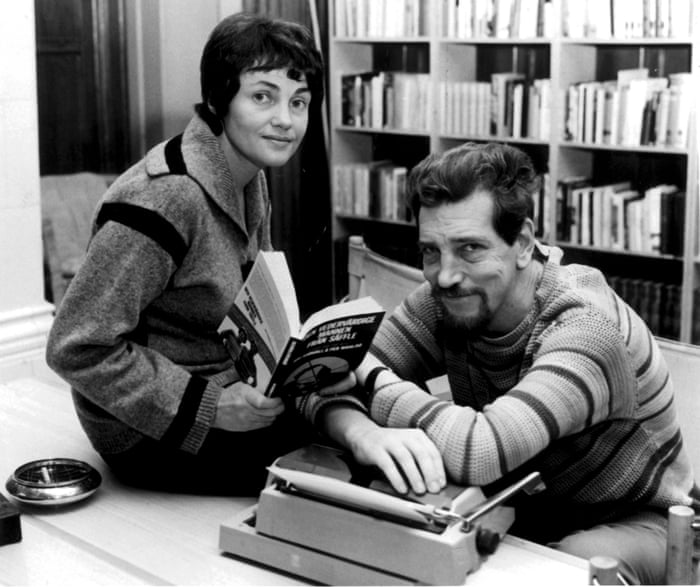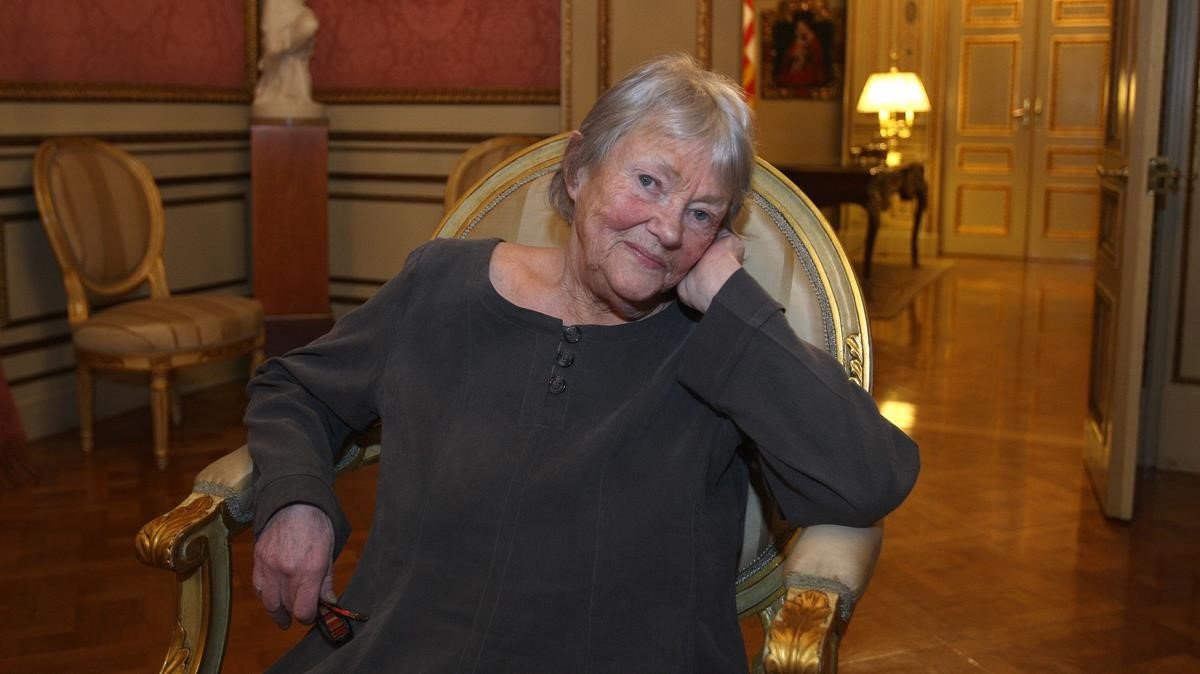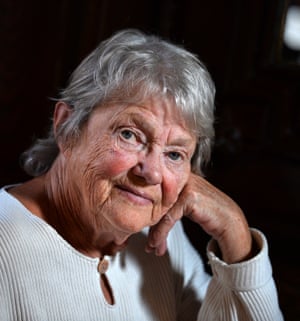 |
| Maj Sjöwall |
Maj Sjöwall obituary
Co-author with Per Wahlöö of the Martin Beck crime series that blazed a trail for Scandinavian crime fictionMike Ripley
 Maj Sjöwall and Per Wahlöö created a new style of detective story, which was unflinching in descriptions of horrific crimes. Photograph: PA
Maj Sjöwall and Per Wahlöö created a new style of detective story, which was unflinching in descriptions of horrific crimes. Photograph: PA
Widely regarded as the godmother of modern Scandinavian crime fiction, Maj Sjöwall, who has died aged 84, was the co-author of 10 detective stories featuring the Swedish policeman Martin Beck – a series remarkable as much for the way it was written as for its impact on crime-writing internationally.
 |
| Maj Sjöwall |
Influenced by the crime novels of Georges Simenon and Ed McBain, they developed a “project” to do something different: they conceived a series of 10 books, with each of them writing alternate chapters (30 in each book), which when completed could be seen as a single, Marxist critique of Swedish society. They wrote in the evenings after work, sometimes throughout the night, passing drafts across the kitchen table. The spare, pared-down style they developed garnered rave reviews in the UK and the US when the books began to appear in translation in 1968.
Not only were the novels painstakingly researched and unflinching in their descriptions of horrific crimes, but each chipped away at an aspect of contemporary Swedish life to reveal (as the authors saw it) a growing materialism and heartlessness. In the character of Martin Beck, their dogged, dyspeptic, chain-smoking policeman, with a gloomy marriage and a son he admits he doesn’t like, Sjöwall and Wahlöö set a new template for fictional detectives, and not just Swedish ones. A DNA trace on many of today’s troubled detective heroes worldwide, both on page and screen, could well turn up Swedish ancestry.
Sjöwall was born and grew up in Stockholm, where her family lived in one of the hotels her father managed. She described her young self as “rather wild”, rebelling against her middle-class background. Aged 21, and not long launched on a career in journalism, Sjöwall found she was pregnant by a former boyfriend. Under pressure from her father, she married an older colleague, but this, and a second marriage, did not last. Soon afterwards she met Wahlöö.
He had been ill for some years by the time the Martin Beck project was completed with The Terrorists in 1975, and died at the age of 49 shortly before its publication. The books remained in print in Scandinavia and numerous television incarnations eventually followed in Sweden, but Sjöwall resisted the temptation to continue or expand the series, claiming that it would feel “too lonely” to do so without her partner.
She returned to the bohemian life she had always favoured, writing for magazines, co-authoring a number of books and translating the American private eye novels of Robert B Parker into Swedish. She also began to appear as an uncredited extra in episodes of the Swedish television series Beck, which ran from 1997 to 2009, and was revived in 2015.
Having won an Edgar award in America in 1971, the Sjöwall-Wahlöö novels were subsequently honoured in Sweden, Denmark, Italy and Spain. Sjöwall regularly appeared at literary festivals and crime-writing conventions, including at Crimefest in Bristol in 2015, where she was interviewed as the international guest of honour by Lee Child.
Despite the critical acclaim for and the success of the Martin Beck novels, and the fourth, The Laughing Policeman, being filmed by Hollywood in 1976 (with Stockholm replaced by San Francisco; and Walter Matthau in the lead role), the financial returns for the authors were modest and Sjöwall often said later that the couple had “always had money problems”. While writing them, the pair had continued to work as journalists and translators, producing Swedish versions of Noel Behn’s bestseller The Kremlin Letter in 1967 and their hero McBain’s Killer’s Payoff in 1968.
There was a revival of interest in the Beck books in the 1990s, but there were to be no massive financial rewards for Sjöwall, as rights for the books were still based on contracts signed decades earlier. It was something she seemed to accept phlegmatically in public, and recalling her cold and estranged childhood in an interview in 2009, she said: “You get tough when you grow up unloved.”
It is ironic that the millions generated through the irresistible rise of modern Scandinavian crime fiction should owe so much to a couple of Marxist-leaning Swedish journalists writing at the kitchen table, trying to make ends meet.
Sjöwall is survived by her daughter, Lena, sons, Tetz and Jens, and five grandchildren.
• Maj Sjöwall, crime writer and translator, born 25 September 1935; died 29 April 2020



No comments:
Post a Comment